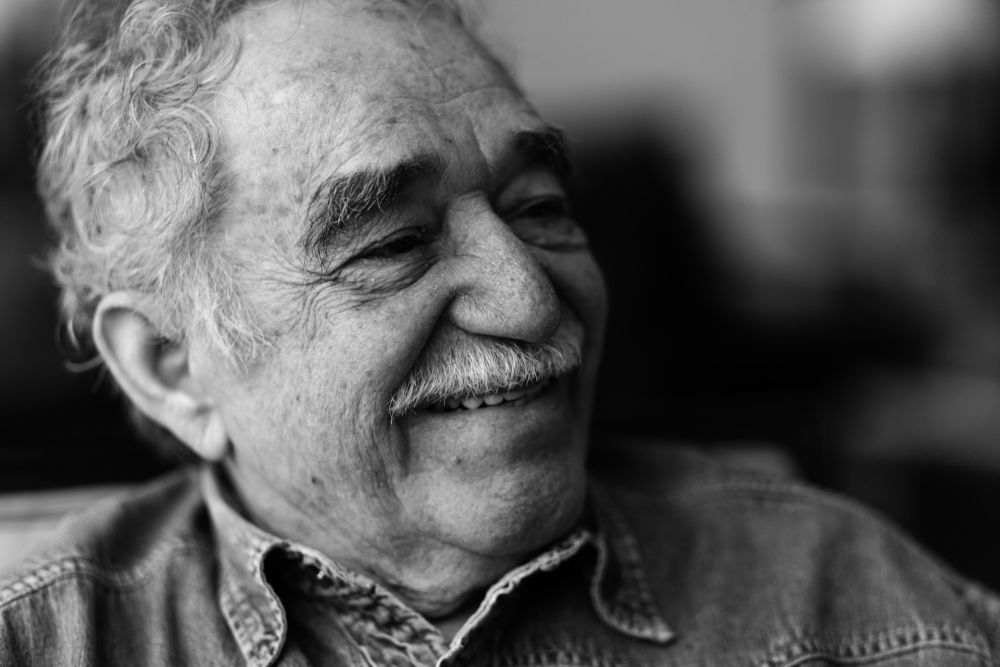The Extraordinary life and works of Gabriel Garcia Marquez ( 1927- 2014)
Gabriel García Márquez, the illustrious author known for his masterpieces “Love in the Time of Cholera” and “One Hundred Years of Solitude,” left an indelible mark on the literary world with his rich narratives and unique style of magical realism. Born in Aracataca, Colombia on March 6th, 1927, Marquez’s exceptional literary talent on the global stage often highlighted the contributions of writers from diverse backgrounds, and the recent honor bestowed upon the fourth Latin American serves as a testament to the rich literary tradition of the region. Following the footsteps of celebrated figures such as Chilean poets Gabriela Mistral and Pablo Neruda, who were awarded the Nobel Prize in Literature in 1945 and 1971 respectively, this latest laureate joins an esteemed group that has significantly shaped the world’s literary landscape. Additionally, the acknowledgment of Guatemalan novelist Miguel Ángel Asturias, who received the prestigious award in 1967, underscores the profound impact Latin American writers have had in portraying the complexities of life and culture through their unique narratives and poetic forms.
The honor signifies not only individual achievement but also the vibrant tapestry of voices emerging from Latin America, each contributing a unique perspective and enriching the global literary discourse. From Mistral’s poignant explorations of love and loss to Neruda’s passionate verses that evoke the beauty and struggles of existence, these writers have offered insights that resonate with universal themes. With Asturias’ rich depictions of political and social realities, their collective legacies illuminate the power of literature as a vehicle for cultural expression and social commentary.
As the fourth Latin American to be honored in this way, this writer continues the tradition of illuminating the human experience, prompting readers worldwide to engage with important questions of identity, culture, and belonging. The increasing recognition of Latin American literature signals a growing appreciation for diverse narratives that challenge and enrich our understanding of the world, allowing new voices to emerge and add to the dialogue. This latest accolade not only celebrates the individual’s contributions but also brings to light the ongoing literary renaissance in Latin America, marking it as a vital source of inspiration for future generations of writers and readers alike.
For the few years just before his passing, his fans and admirers had been acutely aware of his declining health. Reports of his struggles with various ailments had become increasingly common, casting a shadow over the profound legacy he had crafted through his works. Recently, the news that he had returned home from the hospital resonated deeply with those who revered him—not only as a literary giant but as a cherished figure who had captured the complexities of love, solitude, and human experience.
García Márquez’s decision to spend his final days in his beloved house in the San Angel neighborhood speaks volumes about his desire for comfort and familiarity in a time of frailty. This picturesque area, with its lush gardens and vibrant colors, had long been a sanctuary for him, inspiring many aspects of his storytelling. In choosing to die in the home he loved, he reflected the themes of his work, where the personal often intertwines with the universal. Fans could not help but draw parallels between his life and the vivid, sometimes melancholic narratives he so expertly wove, where the human experience is eternally intertwined with the elements of life and death.
As his health declined, readers around the globe were reminded of the profound connection they shared with García Márquez’s stories. His explorations of love’s fervor and the magic of memory resonated with countless individuals, rendering moments of intimacy that transcend time and place. The author’s return home after years of illness served as a poignant reminder of the fragility of life and the enduring power of literature to shape our understanding of it. As he prepared to bid farewell to this world, his legacy continues to thrive—his works standing as timeless reflections on the essence of what it means to love and endure amidst the chaos of existence.



